Utah Septic System Regulations
Utah septic system regulations. In addition the quality of the water shall be approved by the local health department having jurisdiction. The completion of a typical elevation certificate follows this workflow. Congressional reports program strategy and regulatory requirements for Class V wells.
Jones and DeMille Engineering has years of experience in FEMA related work. All small subdivisions are required to conduct a percolation test that can cover 3 to 5 housing lots. First it is illegal to install a septic tank without obtaining a permit from the local health department thus you need a professional septic tank design.
The septic system permit application is for obtaining a permit to construct alter or repair a septic system or to upgrade a system that was installed prior to health department regulations. Individual waste water system permits 30000 plus mileage. Policy and Regulations.
Onsite Wastewater An onsite wastewater system is commonly called a. This can be proven by. Utah Septic System Design.
Renovation - Single Family. In addition to inspections records of septic systems within the county are maintained and provided to residents upon request. Check our Fees Permits page for the current fees for.
Please call 630-444-3040 to request a private sewageseptic inspection or permit. Our engineers are familiar with applicable state and federal floodplain regulations and practices. All septic waste water systems in San Juan County are inspected and permitted by San Juan Public Health.
Waste water system recertification 7500 plus mileage. Utah regulations require that all wastewater be disposed to an approved sewer or onsite wastewater septic system.
Ad Septic Drainer will refresh your soil as well as solve septic tank drain field problems.
Choose an Utah town to view the septic companies doing business there. Please call 630-444-3040 to request a private sewageseptic inspection or permit. Requiring a plat note on all new subdivisions that include septic tanks notifying owners upfront before they build that they will be required to connect to the City sewer system within 3 years ifwhen sewer is extended to within 300 feet of their property. Local health departments must first conduct a thorough analysis and review of ground water and soil conditions before a septic system can be installed. First it is illegal to install a septic tank without obtaining a permit from the local health department thus you need a professional septic tank design. New Construction - Single Family. Ad Septic Drainer will refresh your soil as well as solve septic tank drain field problems. Utah regulations require that all wastewater be disposed to an approved sewer or onsite wastewater septic system. The Southwest Utah Public Health Department Environmental Health professionals can assist in applying for a septic system permit answering questions or concerns throughout the construction process and maintaining your system in proper working condition.
Septic tanks shall be constructed of sound durable watertight materials that are not subject to excessive corrosion frost damage or decay. Groundwater Protection Regulations and the State of Utah Wastewater Disposal Regulations were selected as the most applicable regarding the determination of recommended septic system densities. Requiring a plat note on all new subdivisions that include septic tanks notifying owners upfront before they build that they will be required to connect to the City sewer system within 3 years ifwhen sewer is extended to within 300 feet of their property. Septic tanks shall be constructed of sound durable watertight materials that are not subject to excessive corrosion frost damage or decay. Box 146741 Salt Lake City Utah 84114-6741 Phone. Renovation - Commercial Multi-Family. These range from eye and ear infections to acute gastrointestinal illness and diseases like hepatitis.

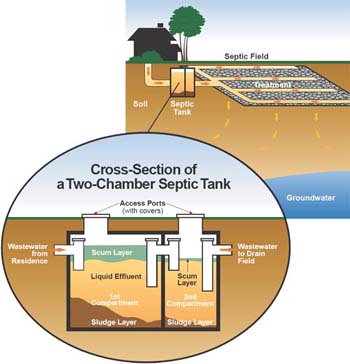

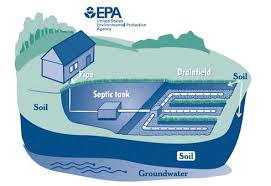




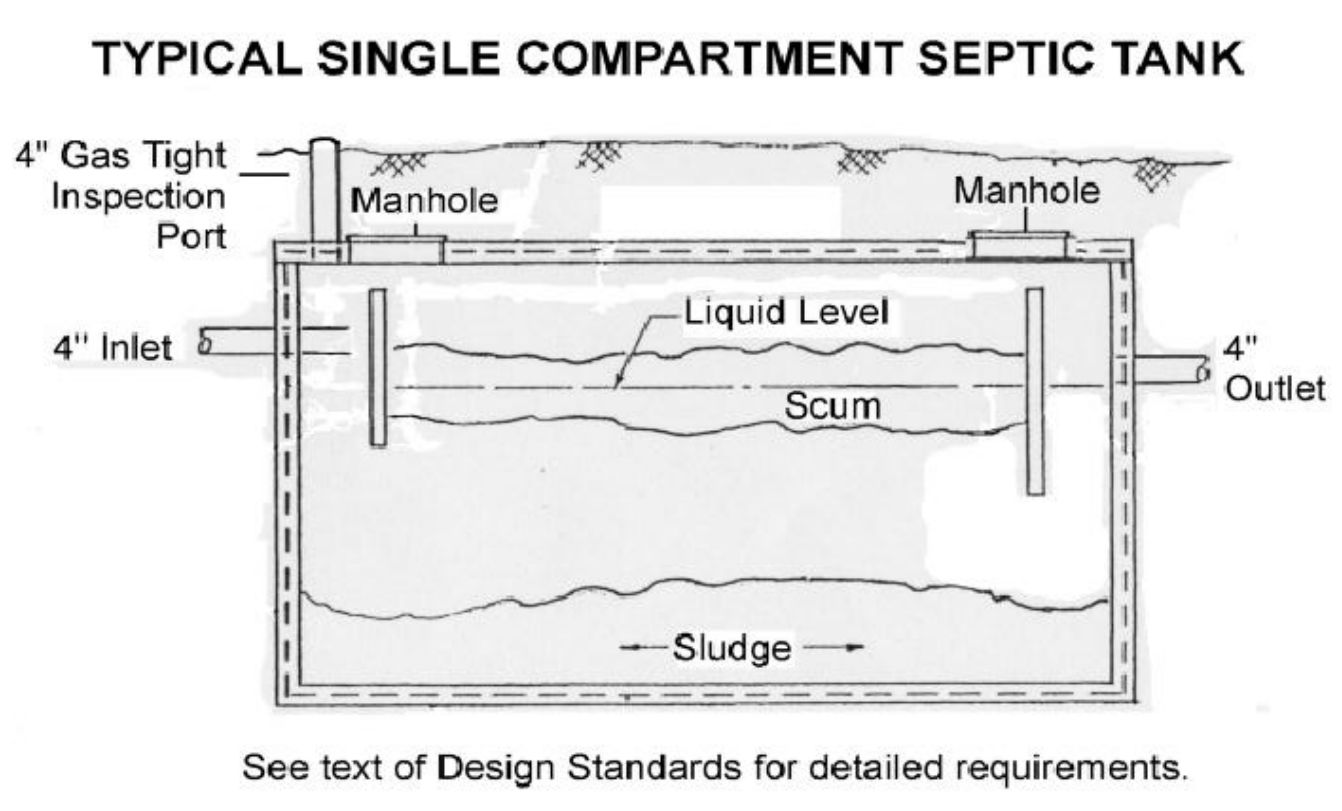
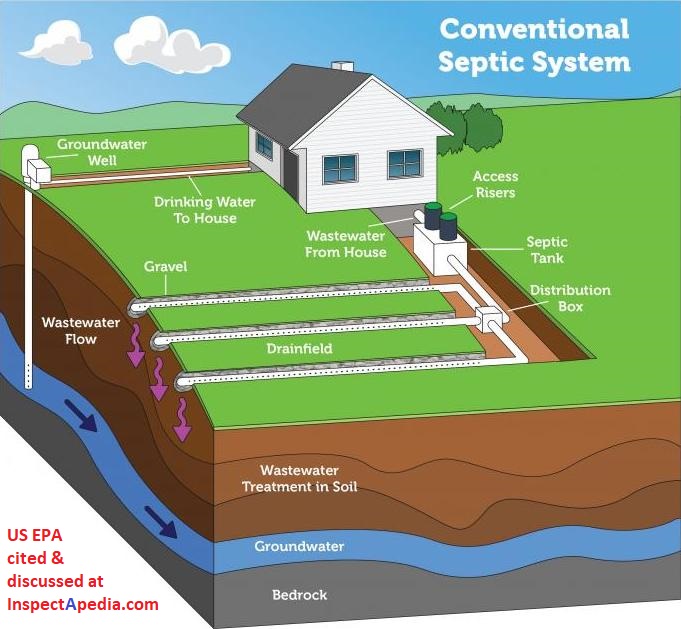
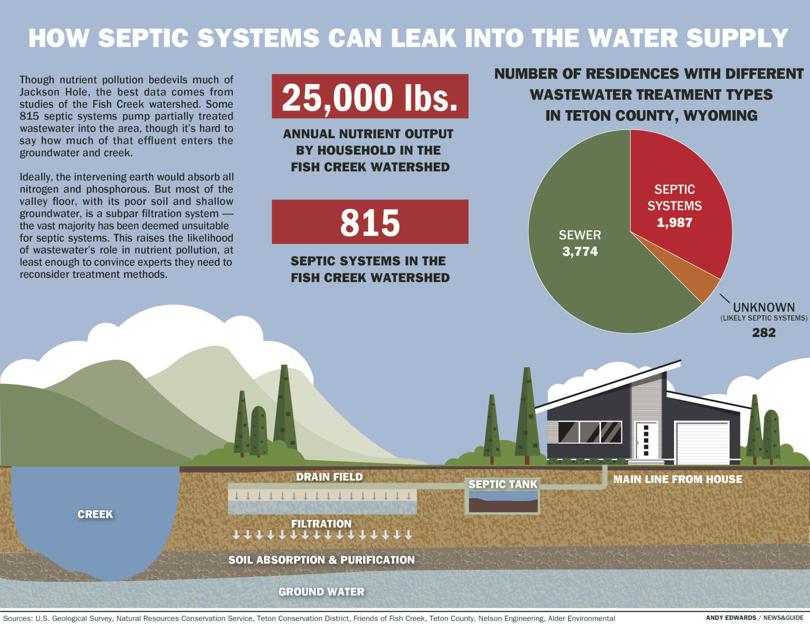

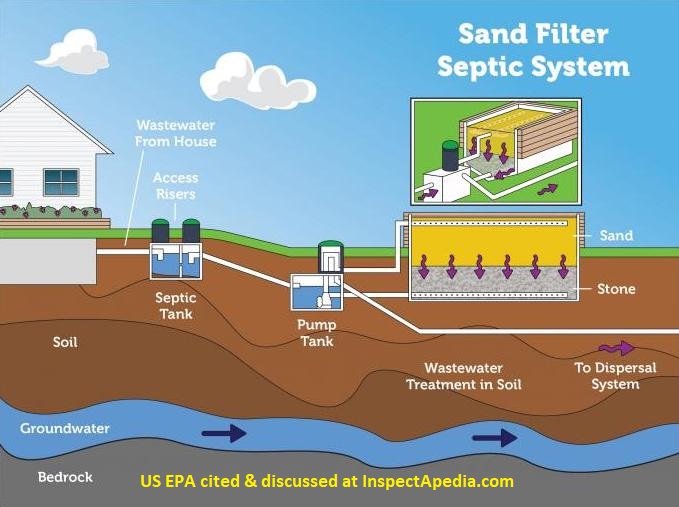
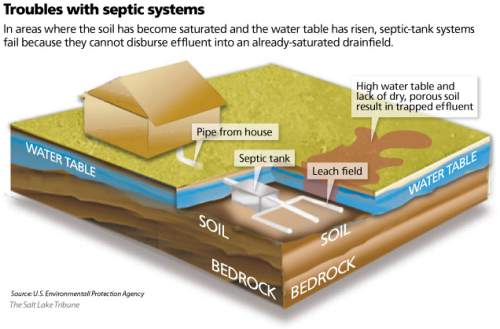

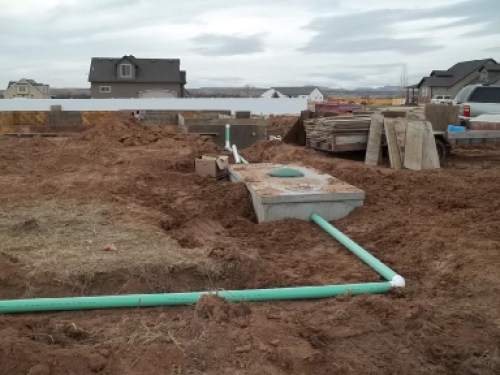
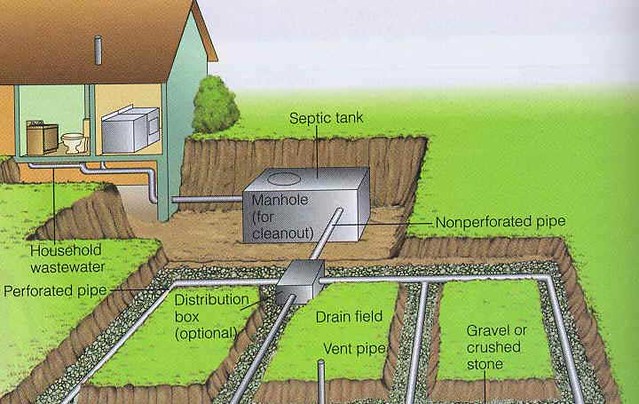

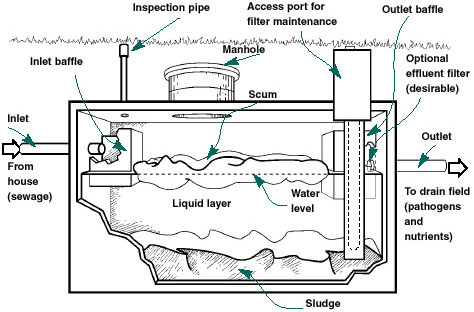

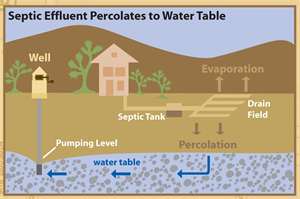
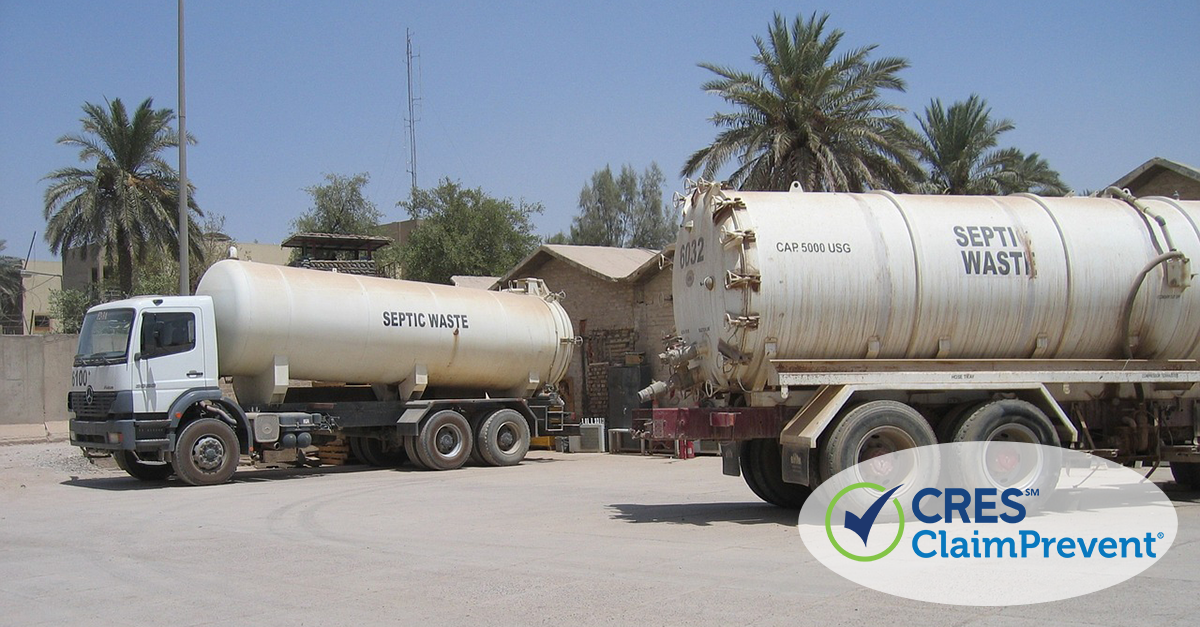

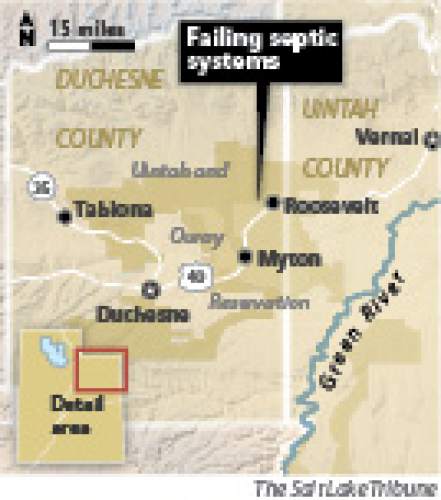


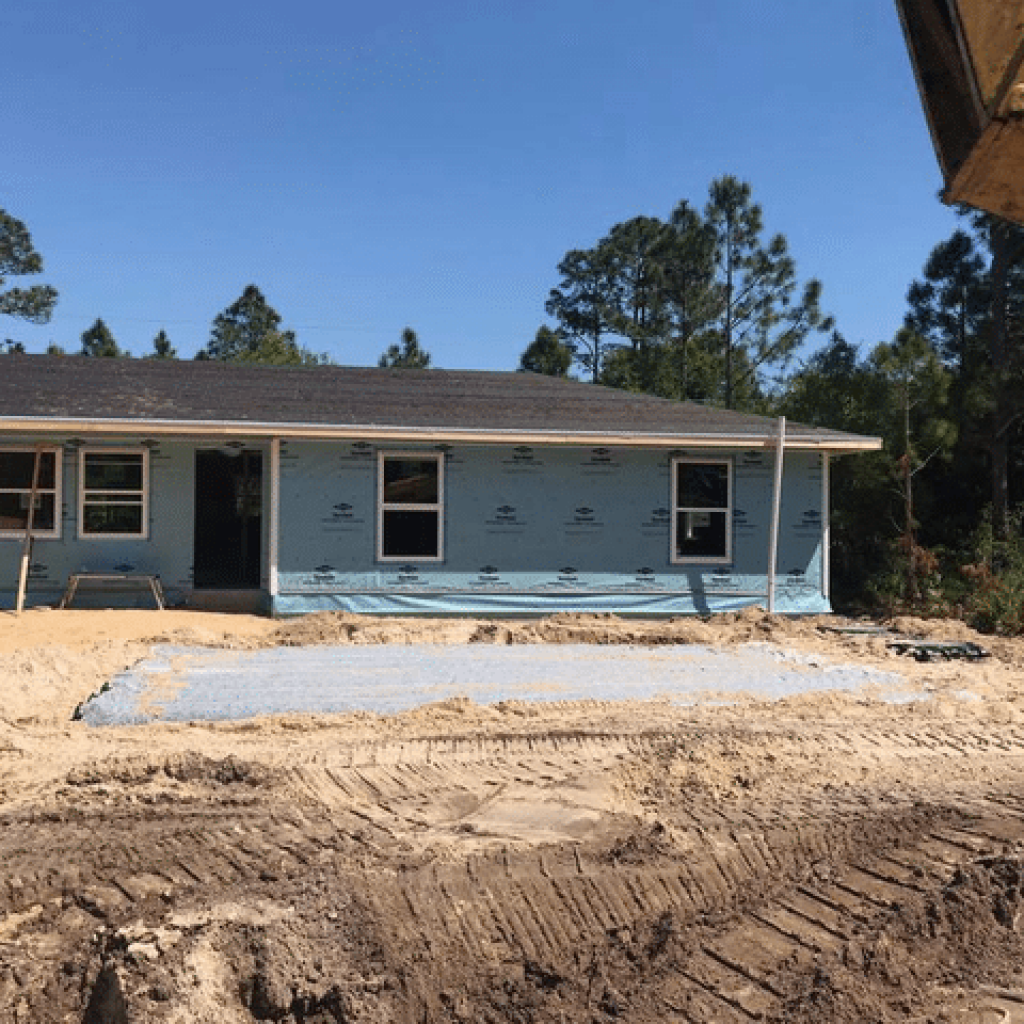



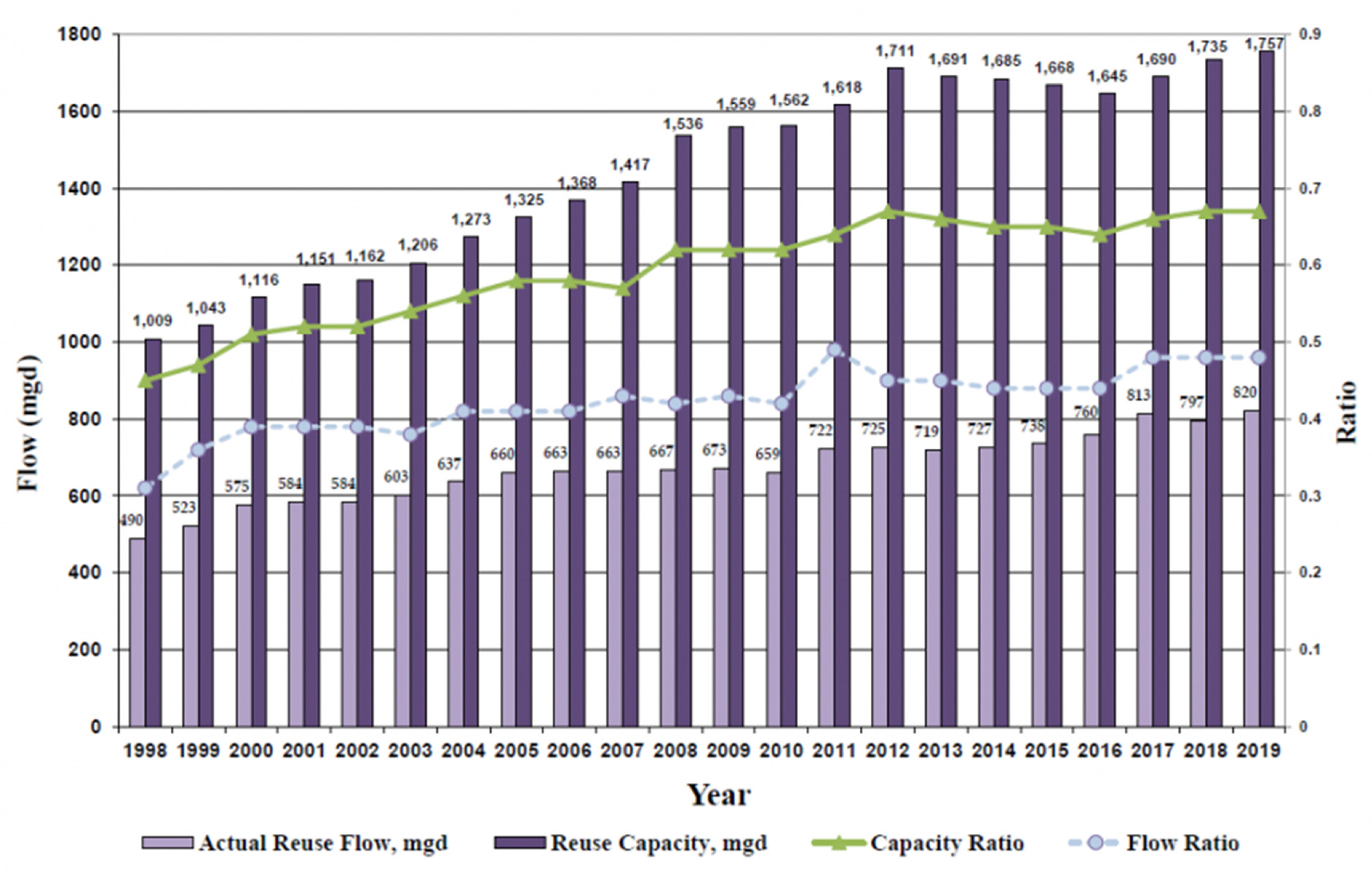
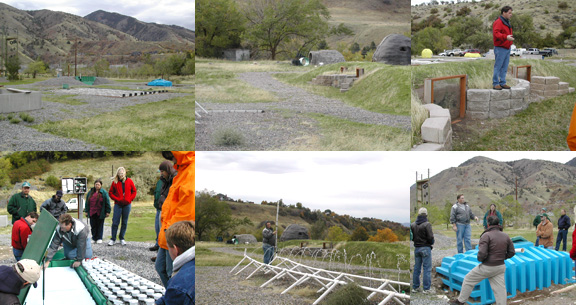




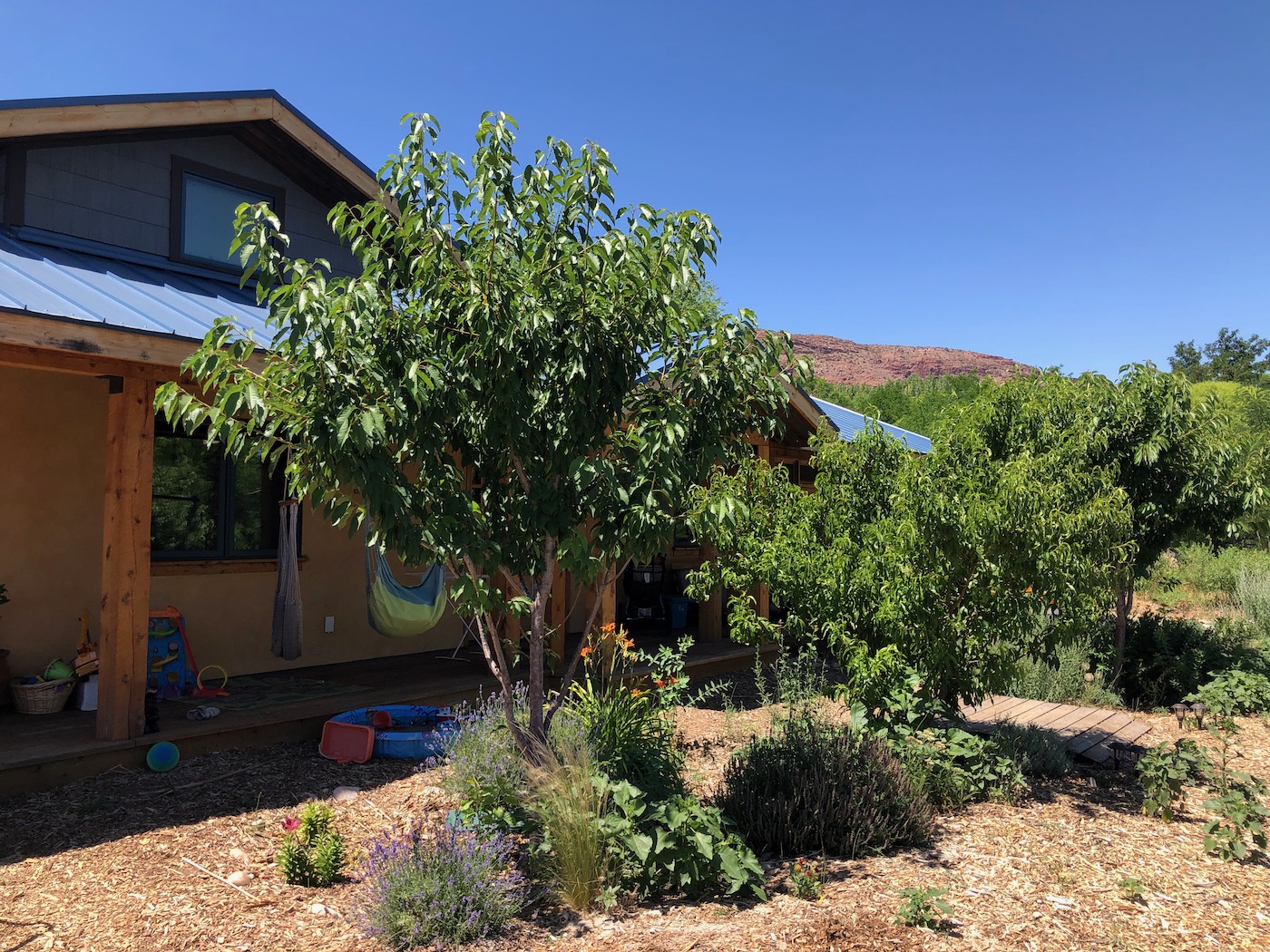
Post a Comment for "Utah Septic System Regulations"